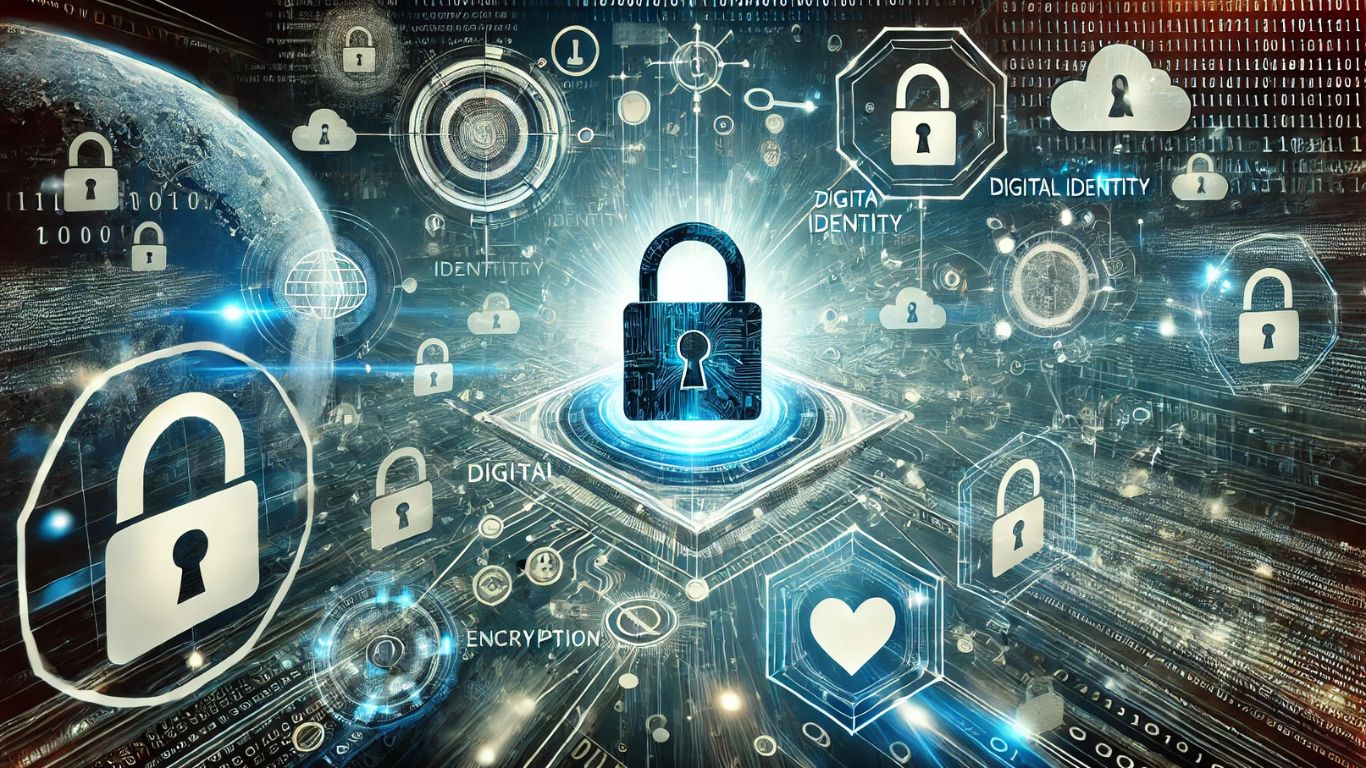The digital world we live in today is filled with various online accounts, applications, and systems that require secure methods to verify our identity. One such important element of digital security is the concept of “dacac24.” While the term might not be familiar to everyone, it plays a significant role in how we secure personal information and online activities. In this article, we will explore what dacac24 is, its importance in the digital age, and how it affects the way we use technology.
What is dacac24?
dacac24 is an identifier used in various digital platforms to manage access, security, and personalization. Though it may sound complex, it essentially refers to a unique marker or system that is used to secure online identities. This identifier helps websites, applications, and online systems ensure that the person accessing the service is legitimate and authorized.
It can be part of a broader security framework, helping protect sensitive data from hackers and unauthorized users. Just like how we use passwords to secure our accounts, systems like dacac24 serve as extra layers of protection. They are often combined with other security features, like encryption or multi-factor authentication, to provide stronger defense mechanisms.
The Importance of Digital Security
In our connected world, security is a top priority. When we log into websites or use online services, we trust these platforms with personal details like our name, address, and payment information. Without proper protection, this data could be stolen by cybercriminals, leading to identity theft, financial loss, and other serious problems.
This is where tools like dacac24 come into play. They ensure that only authorized users can access their personal accounts, helping to safeguard sensitive information. Without such systems, online services would be vulnerable to breaches, making the internet a much riskier place to navigate.
How dacac24 Fits Into Modern Technology
dacac24 is part of the growing trend of digital identity systems, which are essential in today’s tech-driven world. These systems are used in everything from social media to banking, and they help organizations verify the identities of their users.
For example, when you log into a website with a username and password, the system uses your credentials to verify that you are who you say you are. In some cases, dacac24 or similar technologies can track and manage your digital identity more effectively, linking your account to specific activities or devices. This can also help prevent fraud and ensure that your online experience is secure and personalized.
Security Challenges in the Digital Age
As technology evolves, so do the threats we face. Hackers and cybercriminals are constantly finding new ways to exploit vulnerabilities in digital systems. This makes it increasingly important to adopt advanced security measures like dacac24 to protect personal data.
One common issue is the use of weak passwords. Many people still use simple passwords like “123456” or “password,” making it easier for hackers to break into accounts. By using systems like dacac24, users can avoid these weaknesses and enjoy a more secure online experience. Multi-factor authentication, where users need to provide multiple forms of identification, is another common feature used alongside systems like dacac24.
The Future of Digital Security
As we move further into the digital age, the importance of systems like dacac24 will only grow. Technology will continue to advance, and so will the methods used by cybercriminals to try to steal personal information. Therefore, it is crucial that we continue to improve and strengthen our digital security systems.
One potential future development is the rise of biometric security, such as fingerprint scanning or facial recognition. This technology, when combined with systems like dacac24, could provide even more secure methods of verifying identity online. The future of digital security is undoubtedly tied to the continued growth and development of these innovative technologies.
How Can You Protect Your Digital Identity?
While systems like dacac24 play a significant role in online security, there are other steps you can take to protect your digital identity. First and foremost, always use strong, unique passwords for each of your accounts. Avoid using personal information that can be easily guessed, such as your name or birthdate.
Second, enable multi-factor authentication whenever possible. This will require you to provide an additional layer of verification, such as a text message code or an app-generated number, before you can access your account.
Lastly, stay vigilant and aware of potential security threats. Be cautious when clicking on links in emails or text messages, especially if they seem suspicious. Cybercriminals often use phishing tactics to trick users into giving away personal information.
The Role of Technology Companies in Security
Technology companies also play a major role in ensuring the safety of their users’ digital identities. Companies like Google, Apple, and Microsoft invest heavily in security measures, including systems like dacac24, to protect their users. These companies regularly update their security protocols and work to identify and fix vulnerabilities in their systems.
Moreover, many companies collaborate with other organizations and experts to create industry standards for digital security. This helps ensure that the tools and technologies used to protect digital identities are as strong and effective as possible.
FAQs
1. What is DACA?
DACA allows certain individuals who came to the U.S. as children to avoid deportation and work legally.
2. Who is eligible for DACA?
Eligibility requires meeting age, residency, education, and criminal record requirements.
3. How do I apply for DACA?
Submit Form I-821D, I-765, and I-765WS to USCIS along with required documents and fees.
4. Can I renew DACA?
Yes, you can renew DACA if you meet eligibility criteria and your current status is expiring.
5. Are there changes to DACA?
DACA is under legal challenges, but current recipients can still renew their status.






